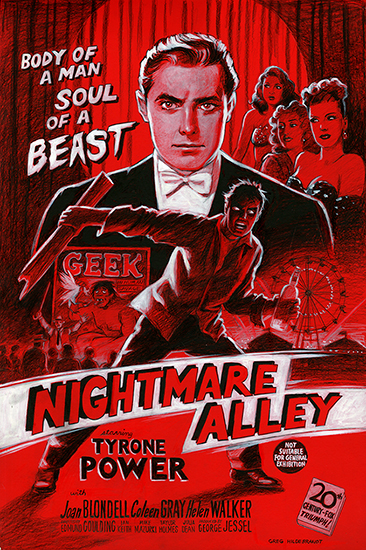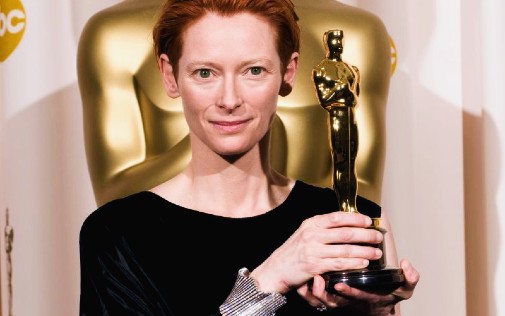Who's Next to the Triple Crown?
 Thursday, May 28, 2020 at 4:47PM
Thursday, May 28, 2020 at 4:47PM by Eric Blume


I’m sure we’ve all found ourselves in some sort of YouTube hole at some point during lockdown. Mine has led me to rewatching snippets from Tony Awards ceremonies from about a decade ago. I had completely forgotten that Eddie Redmayne had won a Tony for his work in the play Art, which is strange because I saw his performance in that show and he was staggeringly good. He absolutely deserved that Tony.
I then realized that since he has since won an Oscar, he is only an Emmy away from the Triple Crown of Acting. This triple-crown honor (you can see the actors who have won all three big awards of the Tony, Oscar, and Emmy here) has been nabbed by only 24 actors in the history of show business awards! It’s a very elusive accomplishment and prestigious list of people. In just the last five years, though, there's been a lot of movement -- we've recently seen Helen Mirren, Frances McDormand, Jessica Lange, Viola Davis, and Glenda Jackson all secure this title.
That got me to thinking: wow, it seems highly likely that Eddie Redmayne would find a big role in a series or miniseries to win that Emmy and be in this company? He’s young, still at the top of his game, and while I don’t think he’s quite in the league of the other major actors who have won all three, he is surely a likely candidate.
But who are some others...






